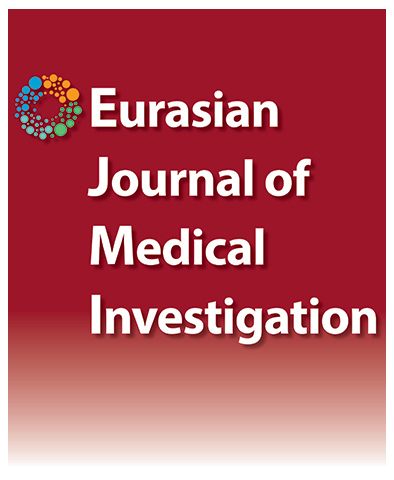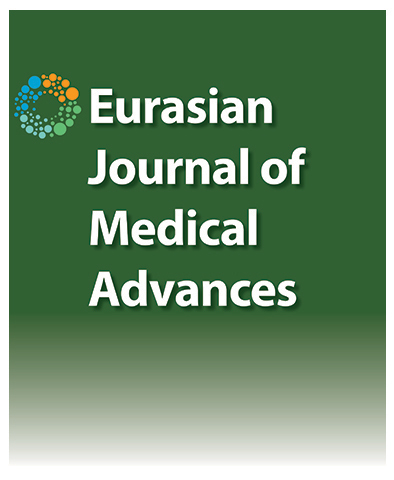Serum Lactate Dehydrogenase Activity and Inflammatory Cell Counts in Nigerian Cervical or Prostate Cancer Patients: Consideration for Immunotherapeutic Potentials
Yinka Gabriel Okunola1, Mutiu Alani Jimoh2, Ganiyu Olatunbosun Arinola11Department of Immunology, University of Ibadan and University College Hospital, Ibadan, Nigeria2Department of Radiation Oncology, University of Ibadan and University College Hospital, Ibadan, Nigeria
Objectives: Elevated lactate dehydrogenase (LDH) enzyme causes insensitivity to anti-Program Death Ligand-1 (PDL-1) antibody immunotherapy, immunosuppression and negatively predicts therapeutic outcomes in various cancer types. Additionally, numerous studies have highlighted strong association of cellular inflammatory markers with tumour development. Despite these findings, there is a scarcity of reports on the connection between serum LDH activity and cells of inflammation in gender-based cancers.
Methods: Thirty (30) prostate cancer patients and 30 cervical cancer patients with corresponding 30 sex- and age matched controls were recruited. Total- and differential- white blood cells were counted using haematology autoanalyser. Serum LDH levels were measured using ELISA kit.
Results: Median serum LDH activity was significantly increased in combined cancer cases (prostate+cervical cancers) compared with control. Median serum LDH activity was significantly increased prostate cancer patients compared with corresponding controls. Only monocyte counts were significantly higher in cervical cancer patients compared with prostate cancer patients. Significant correlation existed between monocyte counts or neutrophil counts with LDH activities in prostate cancer patients.
Conclusion: This study concluded that serum LDH enzyme could be exploited as targeted immune checkpoint in the therapy of both cancers (cervical and prostate cancer) and that monocyte or neutrophil counts could be used as cellular markers of LDH activity.
Manuscript Language: English





